Angels calling
December 8th, 2020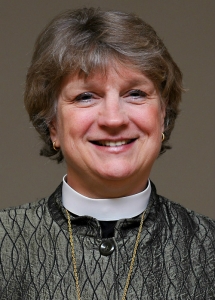 By Bishop Ann Svennungsen
By Bishop Ann Svennungsen
Last night, I realized my husband has a special calling – preparing warm campfires so our family can gather outdoors during the pandemic. I had no idea Bill had this gift.
What special new calling have you discovered for yourself during the pandemic? I wish I could say that mine is videography – but I’ve found that sermons now take more time to record and download than to prepare. (Where’s that good light? What happened to the box used to raise the computer camera? Why did my computer shut down when the MP4 was only half loaded? Do I have to start all over … again?)
“It’s a true Advent moment – celebrating the fulfillment of a hope held for so long.”
I imagine Mary was beyond surprised when the angel Gabriel appeared announcing a new call in her life. We refer to this event as the Annunciation, but I think it’s really a Call Story. When you look closely at Luke 1, you see how it follows the pattern of Biblical call narratives – like that of Moses and Isaiah. The pattern includes a greeting (1:28), a startled reaction (1:29), an exhortation not to fear (1:30), a divine commission (1:31-33), an objection (1:34), a reassurance (1:35), and the offer of a confirming sign (1:36-37).
Read Luke 1 next to Exodus 3 and you will note the similarities with the call of Moses. (See Mark Allan Powell, Working Preacher, December 21, 2014.)
DECEMBER 20, 2020, MARKS the 50th anniversary of the ordination of Barbara Andrews, the first woman in the American Lutheran Church (ALC) to be ordained. She was called to serve Edina Community Lutheran Church, a congregation in our synod. December 20 of this year is also the Sunday when we hear Mary’s Call Story.
What a wonderful way to celebrate the church’s vote – affirming that “yes” women who have experienced the Spirit’s call – like Mary or Moses – and may indeed be allowed to serve the church as ordained pastors. It’s a true Advent moment – celebrating the fulfillment of a hope held for so long; a hope held through multiple church debates and discussions. In the ALC, even the vote was tight: 560 to 414 (57%). But the church decided. And so much has changed.
“Like people living through a pandemic, Mary saw changes in her calling throughout her life.”
Oh, like people living through a pandemic, Mary saw changes in her calling throughout her life. Simeon soon announced that her call would include the “piercing of her soul.” There are new chapters for all of us as we follow God’s calling in our lives, especially during the uncertainties of a global pandemic. So, we take time to listen to the Spirit – and to the prophets of today like Simeon and Anna. We look to the witness of saints like Mary and Moses, as well as Barbara Andrews, for courage and faith.
And through it all, through all the chapters of our lives, we can trust in the abiding presence of God, Emmanuel, with us always.

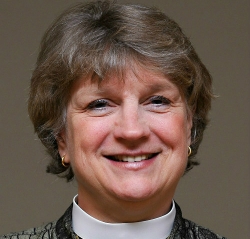
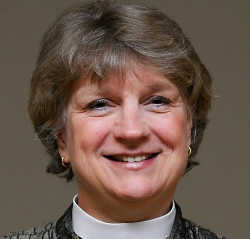
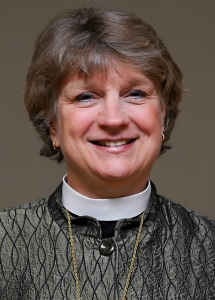 By Bishop Ann Svennungsen
By Bishop Ann Svennungsen By Bishop Ann Svennungsen
By Bishop Ann Svennungsen  By Bishop Ann Svennungsen
By Bishop Ann Svennungsen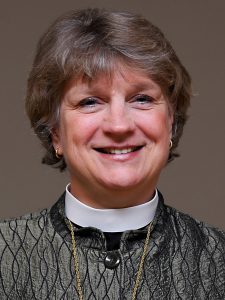 By Bishop Ann Svennungsen
By Bishop Ann Svennungsen